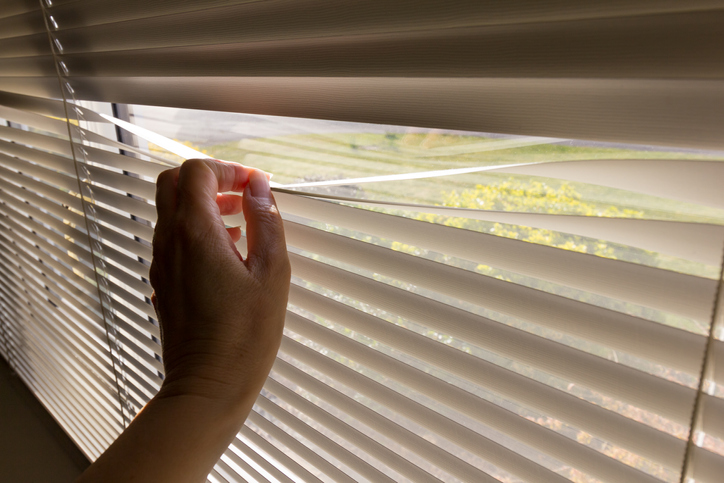
How the Ongoing Pandemic Could Cause Agoraphobia
Although legal restrictions on certain activities are lifting throughout the country, the COVID-19 pandemic continues to rage on. These conditions could cause anxiety about leaving home, and some people could develop agoraphobia. It’s essential for people to understand what agoraphobia is so that loved ones can watch out for symptoms in one another.
What is Agoraphobia?
Agoraphobia is a type of anxiety disorder that causes extreme fear of specific places, particularly crowded, public, or open spaces. Although mainstream media often portrays people with agoraphobia as never leaving home, this is not always the case. Some people with agoraphobia go into public but stick to familiar places.
As with all other anxiety disorders, the fear in agoraphobia is an outsized reaction to any real threat. Therefore, when people stayed in their homes to prevent the spread of COVID-19, this was not a case of mass agoraphobia. Instead, this was a rational and planned response to a real threat.
Could Agoraphobia Worsen When Quarantine Ends?
Right now, restrictions are lifting across the country in measured ways. Certain businesses may open, so long as they take certain precautions. However, the virus is not entirely gone, and people continue to get extremely ill from it. This situation creates conflict, uncertainty, and fear.
For people who are already at risk of developing agoraphobia, this is a perfect storm in which the disorder can develop. In other people, agoraphobia could have developed during the time of strict quarantine measures but only become apparent as those restrictions lift.
Who is Most at Risk of Developing Agoraphobia?
Anyone can develop agoraphobia, especially in response to a pandemic. However, some people have an increased risk. You may have a higher chance of developing agoraphobia if you:
- Life with another anxiety disorder, including panic disorder or generalized anxiety disorder
- Generally have a worried personality
- Are a woman
- Are under the age of 35
- Have a biological relative with agoraphobia
These risk factors do not guarantee that someone will get agoraphobia during this time. Instead, they just make the risk higher. Anyone who shows signs of agoraphobia should seek help.
When Should Someone Seek Help?
Professional help is available for anyone who is struggling with quarantine, COVID-19, or social isolation. Whether you have diagnosed agoraphobia or not, you may benefit from talking to a licensed therapist about your worries.
People who have panic attacks or those who avoid leaving home at all costs may need professional guidance to get through this situation. At CFP, we offer online appointments with psychiatrists and licensed therapists. You can get the help you need from a qualified team without ever leaving the comfort of home.

